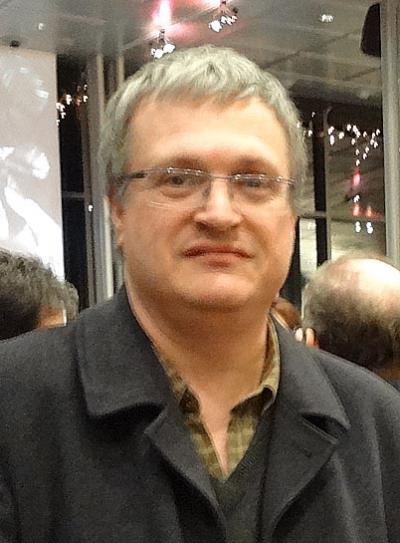In recent years I have worked side by side and have interacted with many people in the Diaspora. One of the humanly enriching things that makes my work in this area worthwhile is the people that you get to know, people who work relentlessly, giving generously of one’s free time and many times losing money --often times one’s own--, because it is what is necessary for that particular association, euskal etxea or center; people inspired by their ideas, feelings and for altruistic reasons, for coherence to their values, that sometimes affect the most cherished in each one of us: oftentimes the connection with family, with something so precious that you want to pass it on to the next generation; and sometimes questions that are difficult to explain, but not to feel or share, questions having to do with the affection and selfless work for the community and for the culture from which we hail, or have made our own that we want to share. The Diaspora is like that, and is comprised of many people like that.
One of these people is Aitzol, Aitzol Azurtza, who I met when he was teaching Basque at the Basque club in Miami, who then went to New York to help develop his work in favor of Euskara and the Basque culture, along with his Basque heritage that pervades his life, in the city of skyscrapers, holding different positions, the last of which was president of the New York Basque club, in a crucial moment for the entity, its Centennial. It was a position of great responsibility that required a great deal of work and dedication, knowing that accepting this position meant a great deal of commitment and vocation to service. Yes, it was an honor and a privilege but in no way a gift.
Led by his commitment, Aitzol accepted the job, which included, besides the inherent tasks, he also had to clean, sweep, set up tables and chairs, and serve as a volunteer many times as well; because that is what usually happens in a volunteer organization where the norm is too much work for the hands available. And he did it, without pay, and with the best intentions, and without any desire for any recognition. Taking on and representing the community, non-partisan nature of the institution. Adding to, and bringing of himself, just like the other members of the Eusko Etxea of New York.
Sure there were mistakes, of course there were, but not for lack of will or ill will, or of good intentions or spurious interests, nor in an attempt to cash in or exploit anything. He was asked to commit and he did, because it was needed. It's the spirit of Euskadik behar zaitu (Euskadi needs you). And from here, in the name of the people at Eusko Etxea and the Diaspora in which I’ve inserted myself and this Basque universe that we share with Basques wherever they may be, it is truly appreciated, for whatever my opinion is worth.
From these lines goes my support for Aitzol before this infamous campaign that some media and interested opinions have leveled against him, airing questions about his personal life that has nothing to do with his work for the Eusko Etxea in New York, besides tossing out a cluster of lies in a deliberate attempt to ruin what was only done with the purest of intentions for a celebration of joy in the Diaspora.
In respect to the origin of the controversy, I 'm not going to go into the motives of the disagreement at the Gala and the famous video. In the Diaspora people work hard, and not Eusko Etxea of New York with its Centennial, nor the Basque communities in the world, or Euskal Herria itself, the Basque family of which we are all a part, deserve what happened. The Lehendakari was exchanging conversation with delegates that attended the NABO meeting on Saturday. Bravo, he was able to introduce himself to many who didn’t know him until then. So how did it end up as an ultimatum on Sunday?
Dialogue in general is the key to life, and also in our relationship with the Diaspora that, let’s not forget, is composed of volunteers that leave their skin in the Basque clubs. I refuse to believe that the Basques are called to never agree with each other. The Diaspora has its own coordinates that coincide in part, with those of Euskadi, and should be approached with respect and dialogue, especially if there is mutual good will. We have to intensify our efforts and put our common good before other interests. What kind of Euskadi and Basque Country trade mark do we want to sell otherwise?
We only have a future if we are able to put our general interests before any other. It has to start from love, because love is all this is about, about building country, working for our people and paying our best contribution to the world. At least that’s how I see it.



 Send to a friend
Send to a friend Add comment
Add comment









